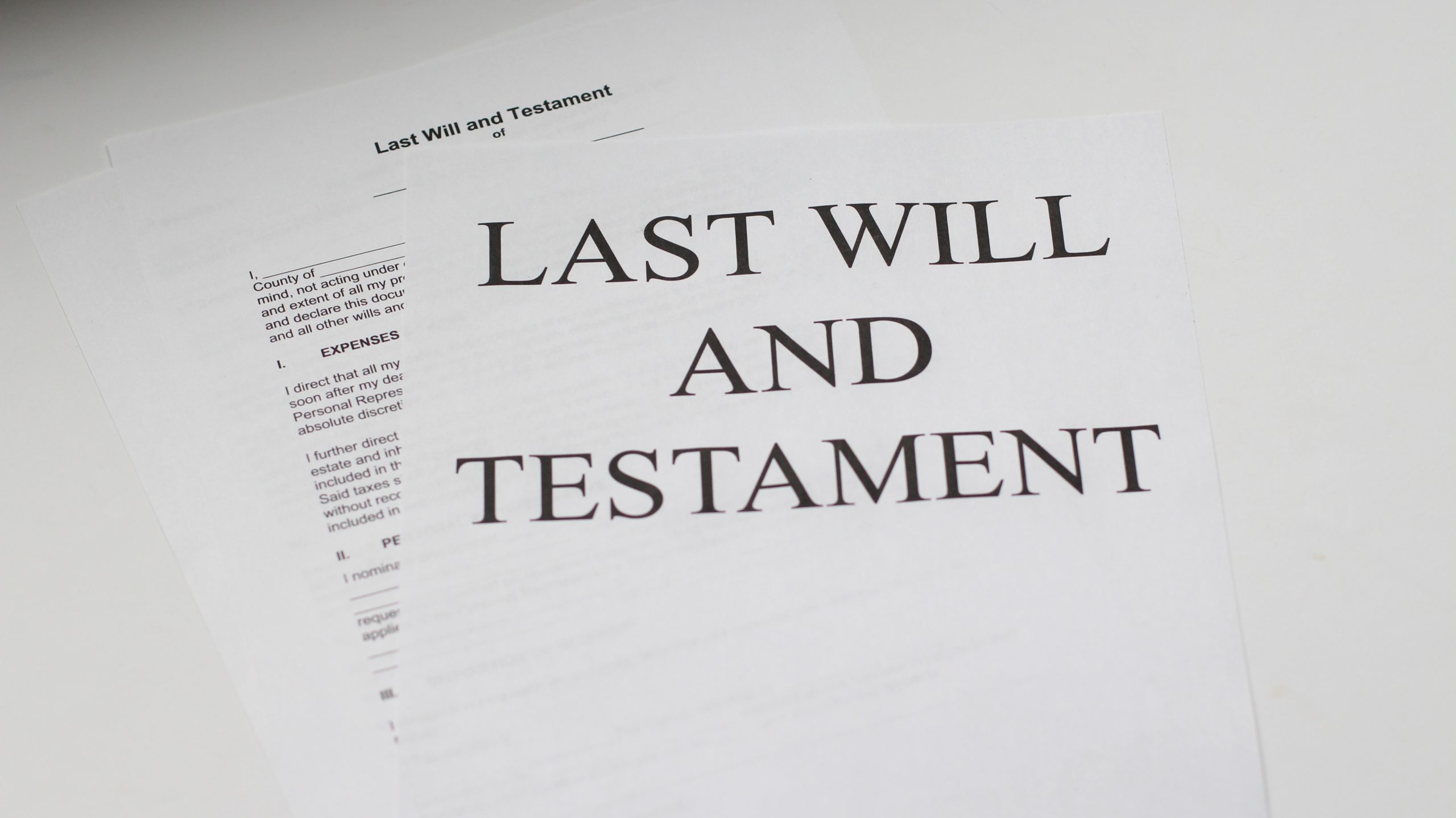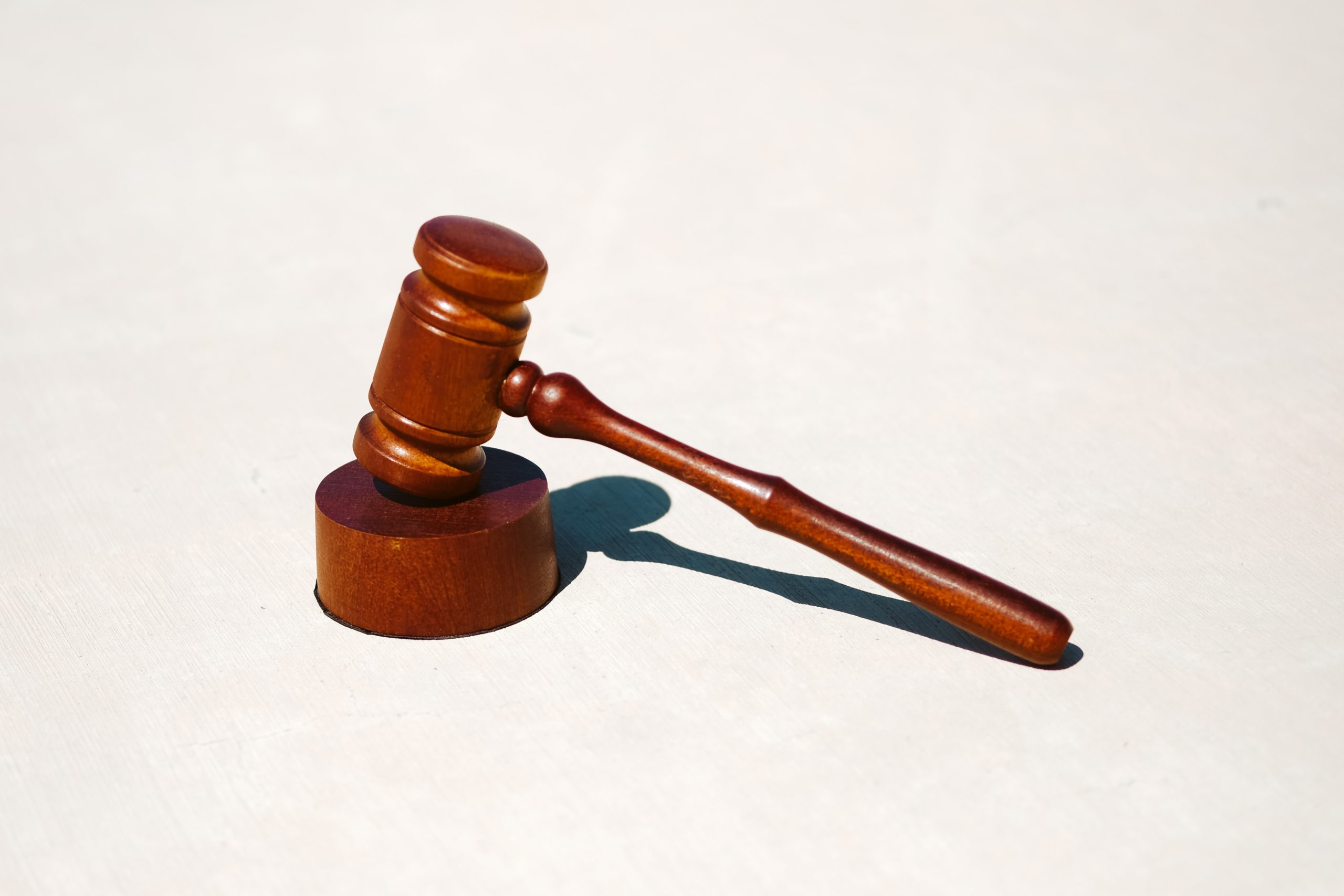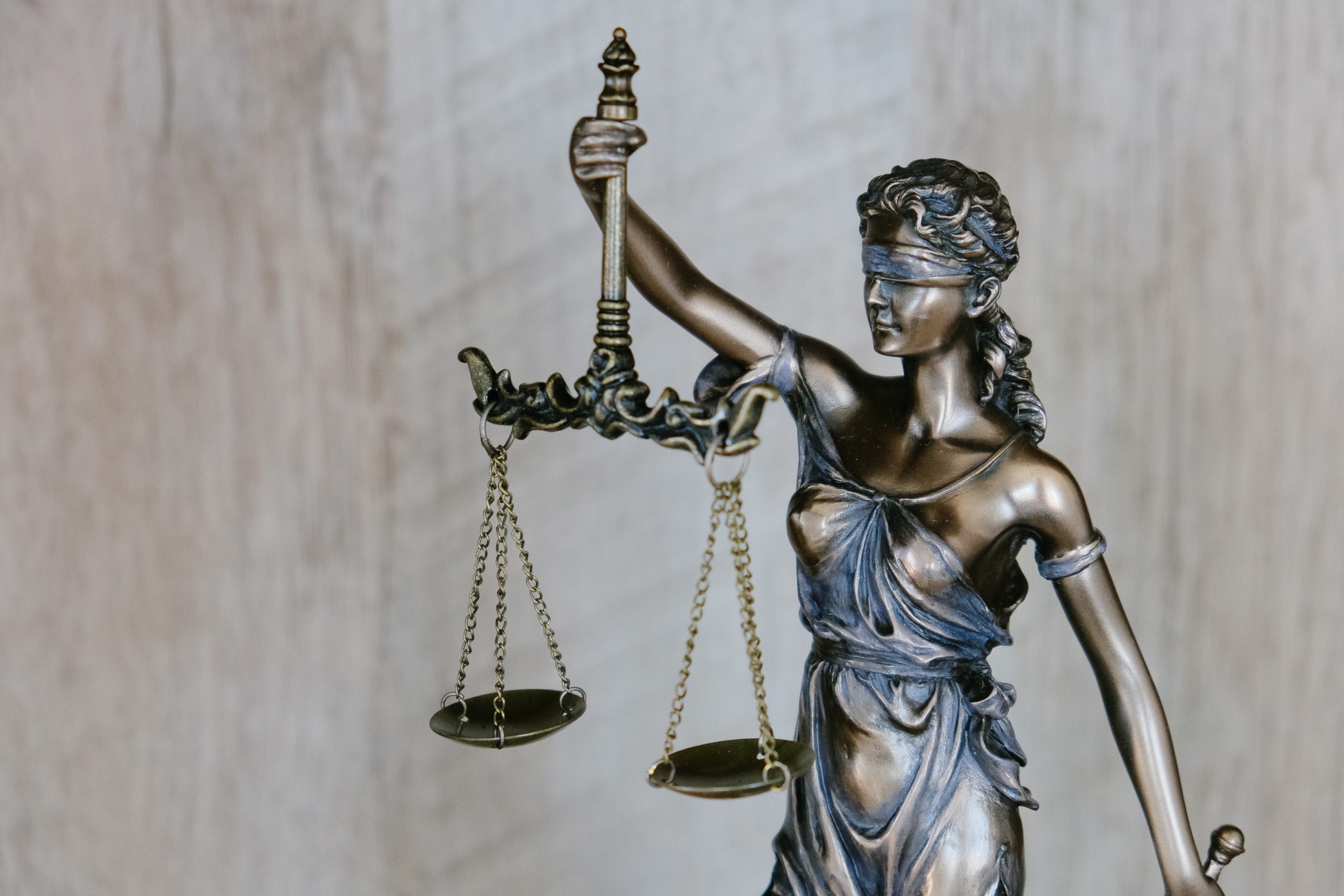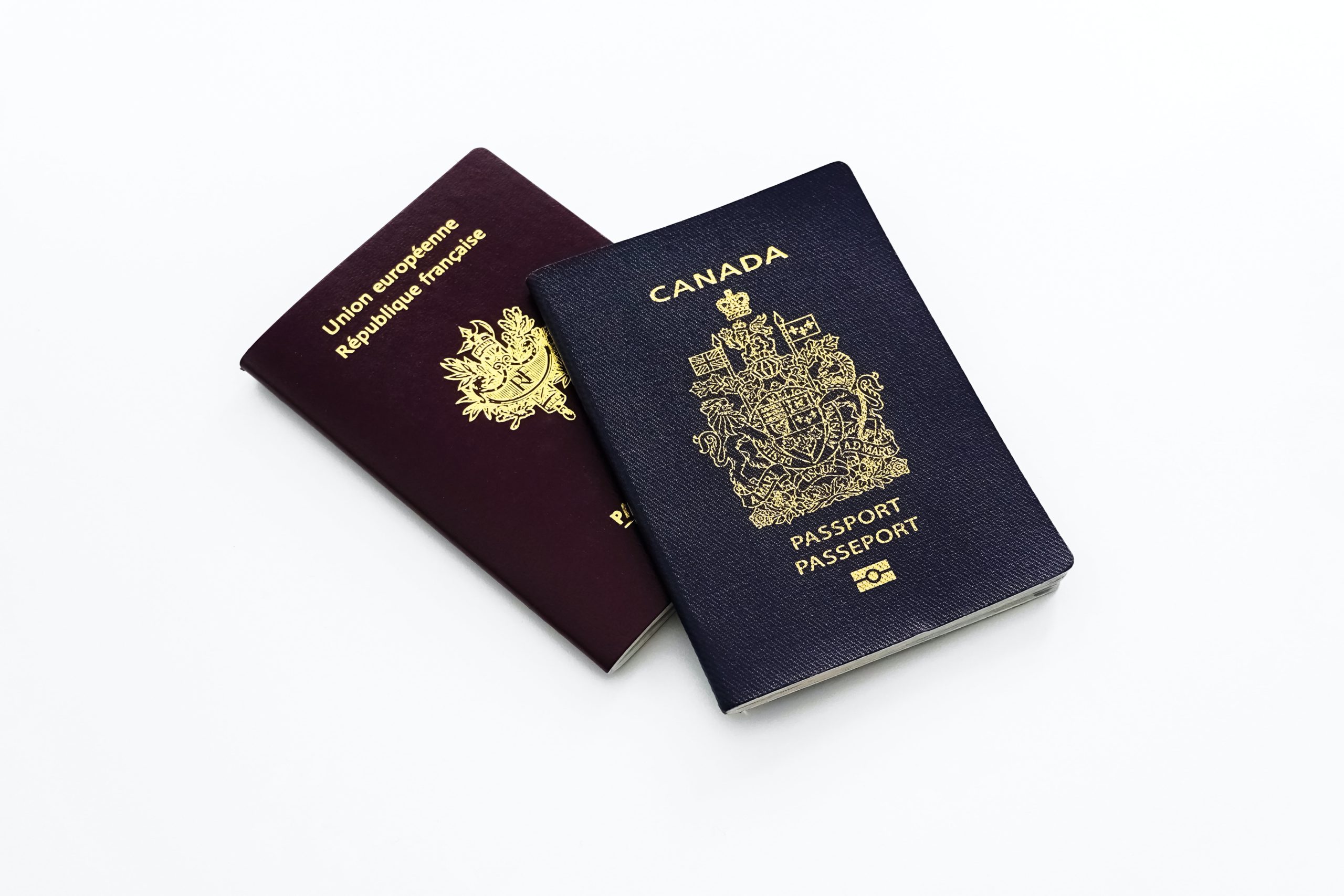Bob Marley’s Story
People have many reasons for not leaving a will. Bob Marley, the Jamaican reggae star, was a very spiritual man. His Rastafarian faith taught that writing a will would show inappropriate concern with earthly matters. When he died of cancer in 1981 at the age of 31, he left an estate worth about $30 million. Because he had not named an executor or trustee for his estate, the court appointed an administrator.
Unfortunately, the court appointed a man who had not liked Bob when he was alive, and who did not get along with his family. The court-appointed administrator quarrelled with Bob’s widow Rita and tried to kick Bob’s mother out of a house he had given her. (Bob had not concerned himself with earthly matters like transferring title).
To further complicate things, because Bob had not named beneficiaries in a will, the court-appointed administrator had to advertise for potential heirs. Hundreds of people wrote in, claiming to be sons and daughters of Bob Marley. When the dust settled, eleven children from various mothers were officially recognized.
It took many years of litigation for Bob’s family to gain control of his estate, including the rights to his music and image. All of this could have been avoided if Bob had left a will naming an executor and stating who his beneficiaries were to be.
Nevertheless, with the Marley estate every little thing has turned out right. These days, Bob Marley’s estate has an annual income of over $20 million a year, making Bob Marley one of the highest paid dead celebrities, and making his heirs very rich.
Lawyer’s comment: Writing a will has nothing to do with being materialistic. If you care about the people you are leaving behind, it will save them stress, time and money if you leave a will spelling out who is in charge and what you want done.








